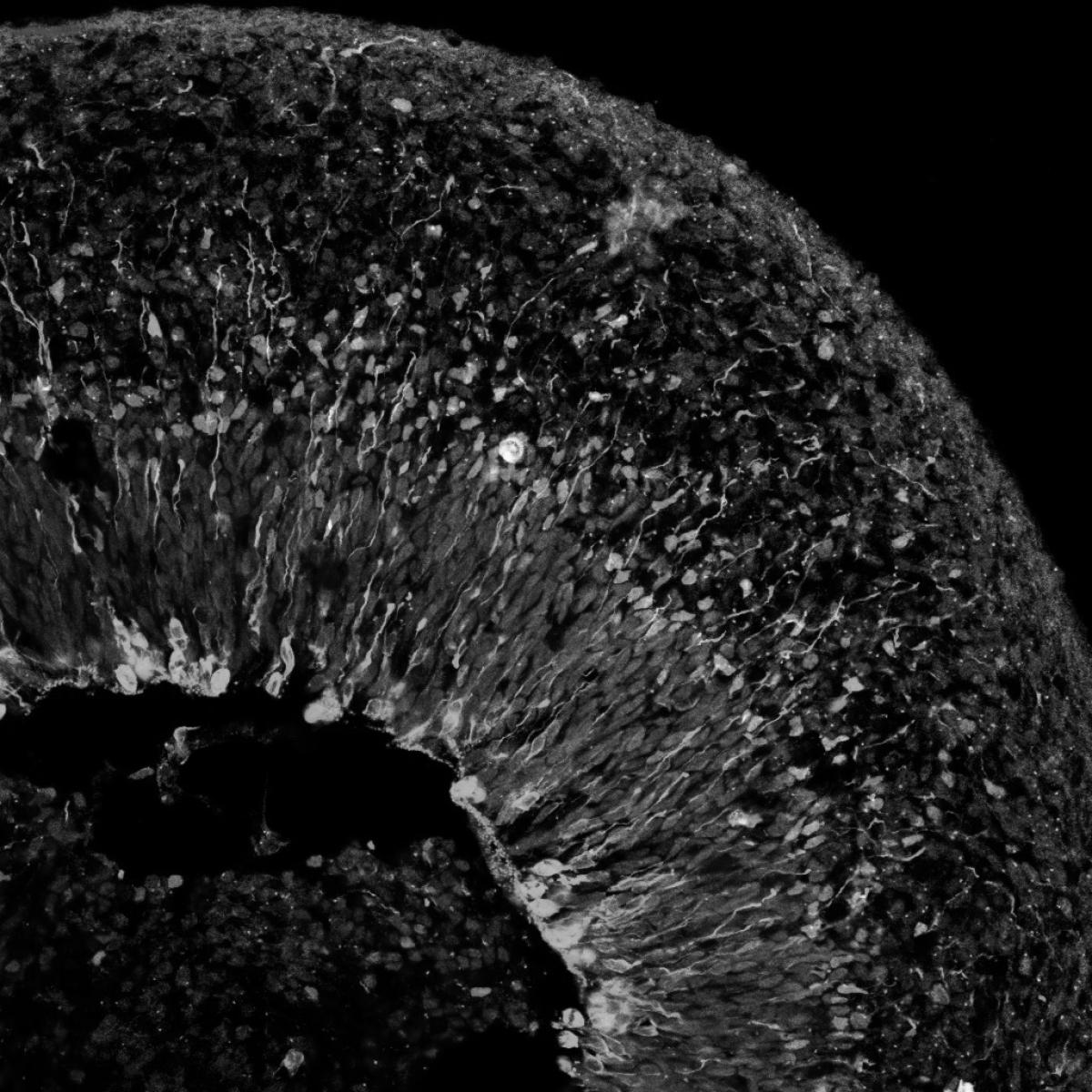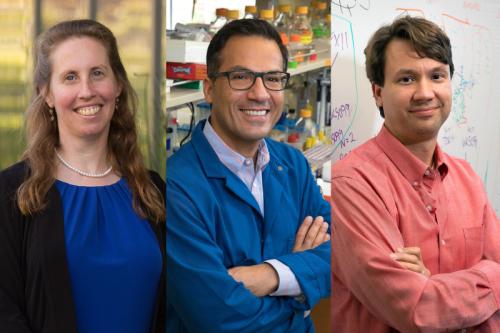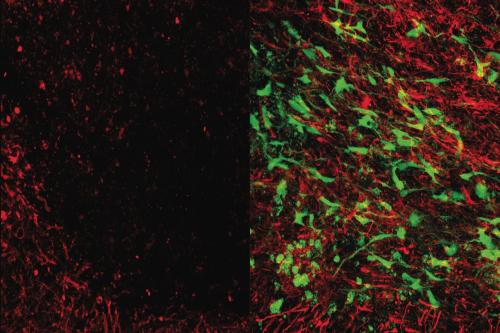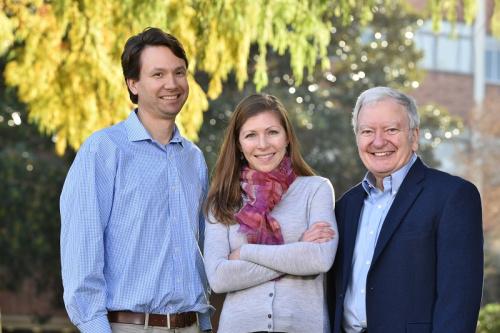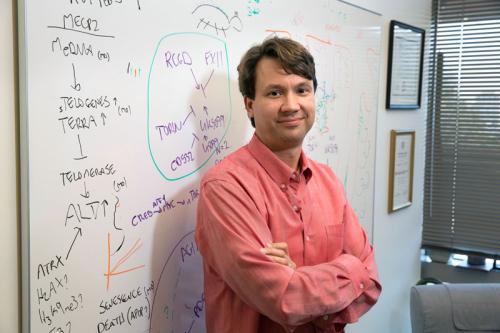
William Lowry, Ph.D.
- Associate Director, Education and Technology Transfer, UCLA Broad Stem Cell Research Center
- Professor, Molecular, Cell and Developmental Biology
- Co-Director, Office of Cancer Training and Education, UCLA Health Jonsson Comprehensive Cancer Center

William Lowry, Ph.D., is the associate director of education and technology transfer at the UCLA Broad Stem Cell Research Center. In this role, he oversees the center’s stem cell training program and guides center members through the licensing and patenting processes required to move discoveries made in the lab to the market.
Lowry uses stem cells to study how the embryonic ectoderm splits into two distinct lineages of cell types: the neural cells that comprise the nervous system and the epidermal cells that make up the outer surface of the body including skin, hair and nails. He seeks to understand how this process can go awry, leading to intellectual disability syndromes such as autism in the case of neural cells, or a predisposition to cancers like carcinoma in the case of skin cells.
Lowry uses pluripotent stem cells to generate in vitro models of human development and uncover the mechanisms by which cells acquire particular fates just after germ layer specification. Using an in vivo model of tissue homeostasis, he studies how hair follicle stem cells are transformed in cancer and whether this process mirrors development in reverse. His exploration of these processes led to the discovery that hair follicle stem cells appear to possess a unique metabolic profile. He is currently exploring how this distinct mode of metabolism plays a functional role in hair follicle stem cells' ability to both maintain tissue and serve as cancer cells-of-origin.
Alongside fellow center member Heather Christofk, Ph.D., Lowry found that altering the metabolic processes of hair follicle stem cells can activate hair growth. This research may lead to new drugs that could help reverse hair loss for people experiencing baldness or alopecia. Lowry is applying these insights to determine if manipulating metabolic processes of hair follicle stem cells can stop the initiation and progression of skin cancers such as squamous cell carcinoma.
Lowry also uses stem cell models of human development to uncover the mechanisms by which cells acquire particular fates after germ layer specification. This research is mainly focused on the neural lineage, where he seeks to identify mechanisms that can be used to promote developmental maturity in neurons derived from stem cells in a dish. He has identified several molecular pathways that can be manipulated to accelerate neuron maturation. Taking advantage of these discoveries will enable Lowry and others to generate more accurate models of — and discover treatments for — neurological conditions including degenerative brain diseases and intellectual disability syndromes.
Research Projects
- Translating basic science discoveries into therapies for cancer, neurodegenerative diseases and intellectual disability syndromes
- Studying how hair follicle stem cell quiescence A state in which a cell is not actively dividing but has retained the ability to resume proliferating in response to certain stimuli including injury and changes in its environment. quiescence A state in which a cell is not actively dividing but has retained the ability to resume proliferating in response to certain stimuli including injury and changes in its environment. prevents the initiation of skin cancer tumors to develop prevention strategies for squamous cell carcinoma and other cancers
- Applying insights gained about the metabolic regulation of hair follicle stem cells Cells that have the ability to differentiate into multiple types of cells and make an unlimited number of copies of themselves. stem cells Cells that have the ability to differentiate into multiple types of cells and make an unlimited number of copies of themselves. to advance the development of drugs to treat hair loss
- Determining the basis for metabolic flexibility in cancer cells of origin
- Understanding the basis for neuronal senescence The natural process by which a cell permanently stops dividing but does not die. As we age, the number of senescent cells in our bodies increases, which can lead to functional decline and may contribute to age-related diseases such as Alzheimer's and cancer. senescence The natural process by which a cell permanently stops dividing but does not die. As we age, the number of senescent cells in our bodies increases, which can lead to functional decline and may contribute to age-related diseases such as Alzheimer's and cancer. in intellectual disability syndromes
- Working to manipulate metabolic processes of hair follicle stem cells to stop the initiation and progression of tumors, such as squamous cell carcinoma
-
Post-doctoral fellowship
- Stem Cell Biology, The Rockefeller University, 2006
Degree
- Ph.D., Neuroscience, Cornell Medical College, 2002
-
